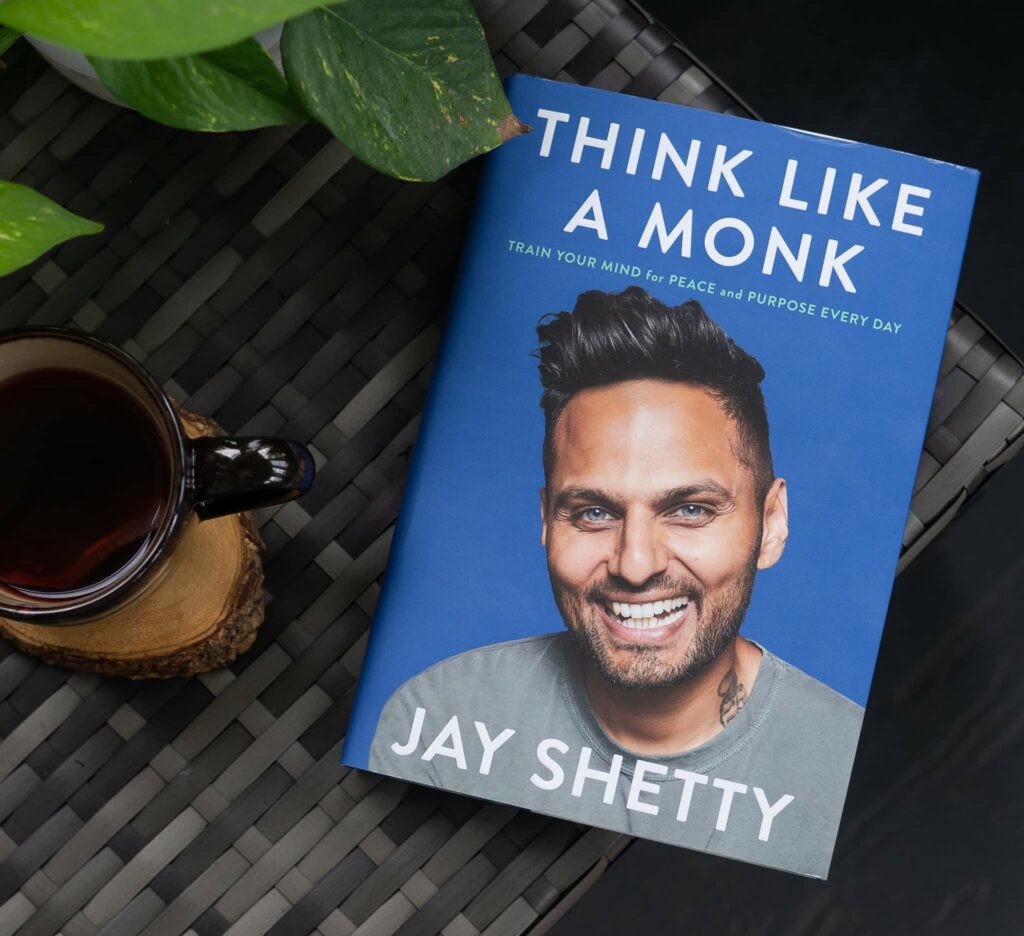Ego
“When you identify your intentions, they reveal your values”
In the book “Think Like a Monk” by Jay Shetty talks about how when we as humans are asked who we are, generally people respond with saying what they do for a living, ex “I’m a teacher” however, “life is more meaningful when we define ourselves by our intentions rather than our achievements”. I loved reading this part as it made me think about the type of person I want to be and what my intentions are. Two things came up that I have been working on, forgiveness and authenticity.
Forgiveness
In the past 4-5 years, I have held on to a lot of anger and resentment in my body and mind that I have felt its negative impacts building throughout the years. I am still working on ways to let go of the anger and after reading this book I could not put it down. It had questions that allowed me to really think deeply about my triggers. Each chapter had a deep emotional impact on me. By changing my thinking to a more positive outlook when examining my anger and resentment, I can work on rewiring my brain and train it for peace and purpose.
I have come to realize that forgiveness is so important for our souls. Holding on to anger can damage our mental well being and add underlying stress in our bodies. I have personally experienced this and after reading this book, I feel that I have all the tools I need to practice forgiveness. I am ready to let go and embrace healing and peace. I want to help students practice forgiveness early on in their life. I wish we had talked about important issues as our mental wellbeing in elementary when I was in school. It would have made a difference. Perhaps it would not have taken me this many years to realize how the anger has been affecting me. Maybe if I had the tools early on, I would have started using them.
What I learned from this book and applying some of my own reflections is that, we humans are just trying to understand ourselves and others. Behind all the anger, resentment and bitterness is our ego- but what gets affected in the process is our sense of connection, we are all trying to be “understood” and feel “connected”.
Authenticity
I have found that being authentic is challenging especially when around friends and family who have strong opinions. To avoid conflict I have avoided conversations or stayed quiet when I disagreed with certain comments made. My goal is to practice being authentic myself; speak up when I feel strongly about something and trust that I am doing the right thing by my conscience. If I can practice being my authentic self then I can pass on that braveness and encourage students to practice being their authentic selves as well.
There are so many things as teachers we want to instill in our students however, I think I would feel satisfied if my students learned tools on how to have inner peace over anything else. Being “smart” and “talented” is helpful however, having tools that help our wellbeing is more important because those tools will be the most helpful when we are feeling “stuck” in jobs or in relationships.

Reflecting on yourself as an individual is so powerful as I continue to discover new parts of myself along my personal journey. I want my students to reflect on their day and to see if they were their most authentic self. Giving question prompts at the end of the day would be one strategy.
This is one book I would recommend everyone read. It truly changed my perspective and it felt like my calling. Everything I was trying to work on personally, I found this book gave me a lot of insight and helpful tips on human behaviour.





